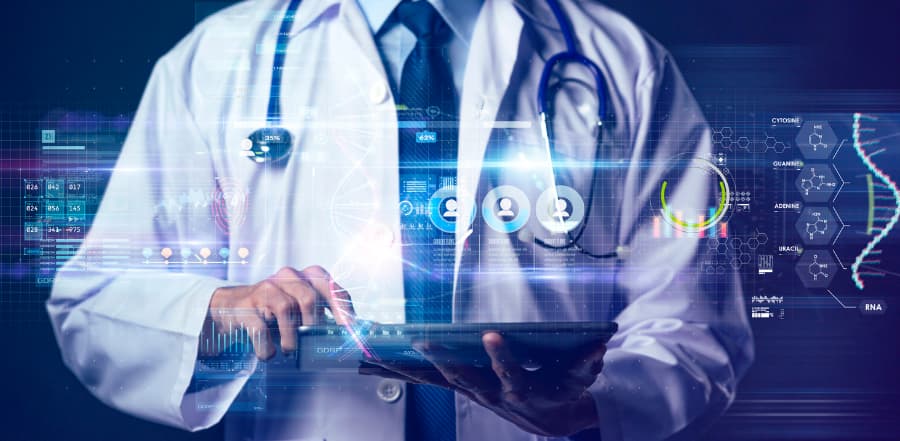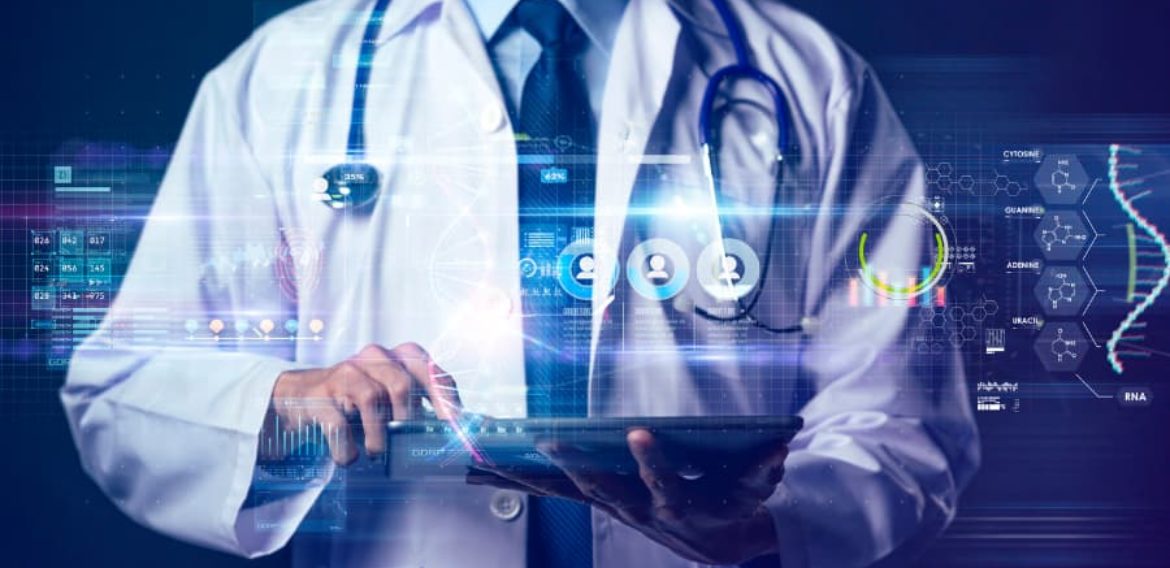How Health Information Technology Is Improving Mental Health Care

When thinking about technology and its relationship to mental health, people often discuss the adverse consequences, such as the harmful effects of social media. While these issues are significant, individuals should also know the advantages that technological advancements bring to the mental health sector. Northwestern College provides health information technology programs in Oak Lawn, IL, and the greater Chicago area. Here, we discuss the positive changes health information technology enacts for patients struggling with mental health concerns.
Using Health Information Technology to Enhance Care
While technology benefits many types of care, it can be particularly helpful for mental health services. The following are three ways technology enriches mental health care for both patients and providers:
Telemedicine
Since the start of the COVID-19 pandemic, demand for telehealth services has skyrocketed, compelling many providers to adjust and maintain better health and safety for patients and staff. But even as the public health crisis subsided, the interest in telemedicine remained.
A major reason for the persistence of telemedicine is its convenience. Instead of driving to an office, patients can access a provider immediately via laptop or smartphone. This feature is especially advantageous for family therapy, where having all members synchronize their schedules to attend sessions is challenging.
Telemedicine is also ideal for child therapy. Children with mental health issues may have more trouble opening up to a counselor or psychiatrist when meeting them in person but are often more comfortable using an electronic device. Their experience with online games and applications may make it easier for them to communicate with the provider.
From a provider’s perspective, telehealth does present a significant drawback. The screen may create a barrier that prevents them from detecting subtleties in behavior that are clearer in person. Additionally, it may be harder to maintain a peaceful atmosphere, as the provider cannot control the environment on the patient’s end.
Wearable Health Monitoring
Wearable medical devices help patients navigate multiple aspects of health, including their mental wellness. This technology primarily assists individuals in managing the symptoms that coincide with a disorder, such as anger or sleep deprivation. The devices observe signals the body produces related to their symptoms and then provide feedback on controlling them.
Besides patients, wearables offer benefits to mental health care in general, as well. They can give a more accurate glimpse into that patient’s specific symptoms in everyday life, allowing providers to craft more personalized treatment plans. These devices also reduce mental health care costs for the entire system, including physicians and patients.
For wearables to have the most impact, doctors must educate patients on how they work before implementing them. Although these devices are becoming more ubiquitous, more people are still familiar with standard mobile applications. Giving patients a device for monitoring their health that they do not fully understand may make them more anxious, which is the last feeling providers want their patients to associate with care.
Mobile Applications
Telemedicine and wearables point toward a larger trend in health information technology – the incorporation of mobile apps. The following are some mobile programs that engineers and software developers are currently working on to help improve mental health services:
- Data collection and analysis
- Self-management
- Symptom tracking
- Training in coping mechanisms
- Improvement of cognitive abilities
- Treatment guidance
Apps tend to be more convenient than scheduling in-person appointments. What’s more, many offer 24-hour service, enabling patients to seek assistance whenever a mental health crisis arises. It usually costs less to use apps than it does to obtain conventional care services.
Another advantage of using apps is that they promote greater anonymity. When individuals attend an in-person session at a doctor’s office, they may be concerned about seeing others they know in the waiting room. Apps make it easier to avoid this worry.
Launch a Career in Health Information Technology
If the intersection between healthcare and technology sounds fascinating to you, consider seeking an associate degree in health information technology at Northwestern College. Offered online and in-person at our campus, this 94-credit hour program features a curriculum developed by our faculty and experts at hospitals and medical facilities. Students in Oak Lawn, IL, and the greater Chicago area gain the knowledge and skills required to pursue lifelong careers in the field, plus they participate in an externship that gives them practical experience for their future roles.
Northwestern College takes a student-first approach to higher education, empowering them to achieve success in their professional lives. Request information today to learn more about the health information technology degree and our other programs.

